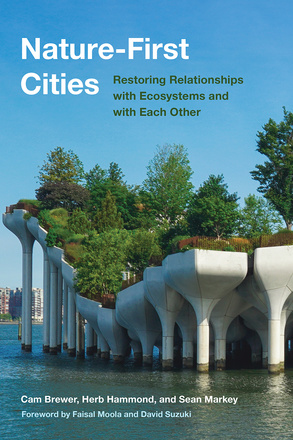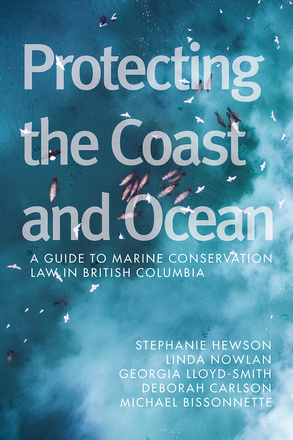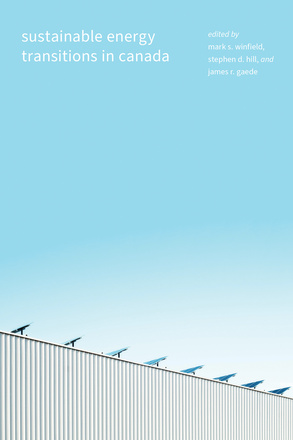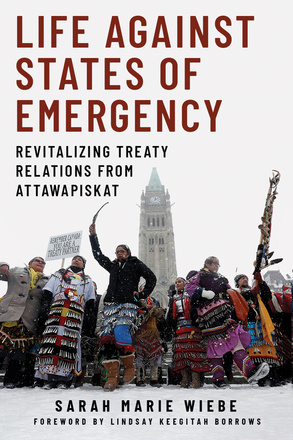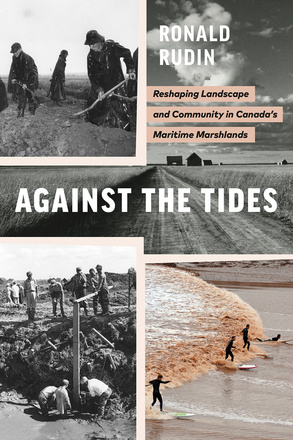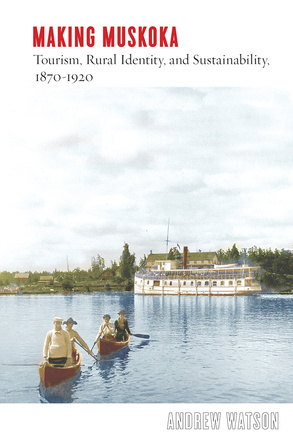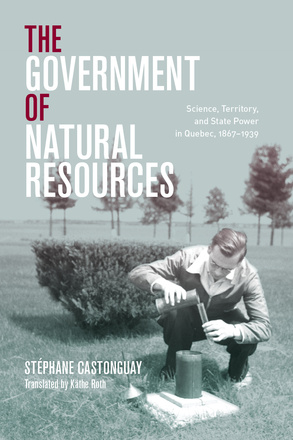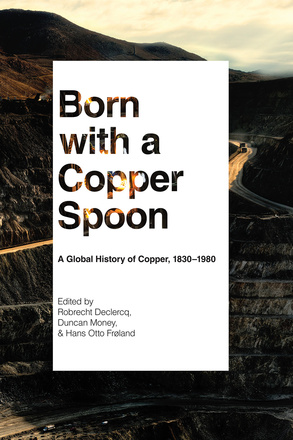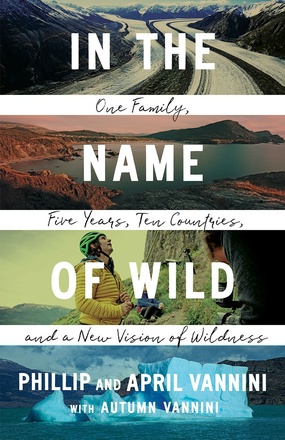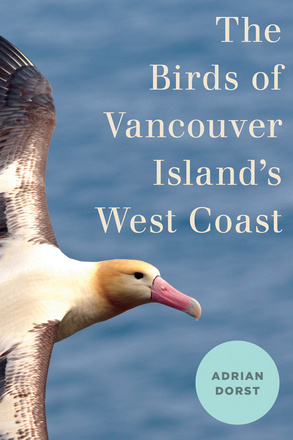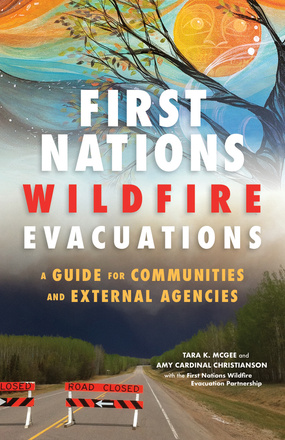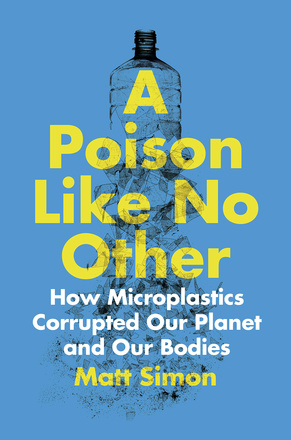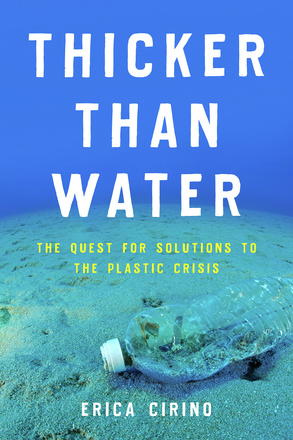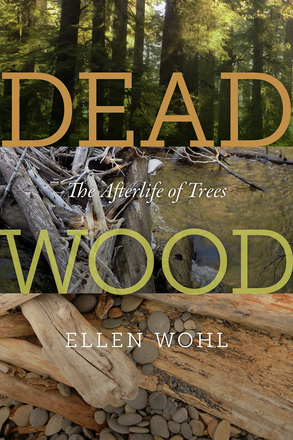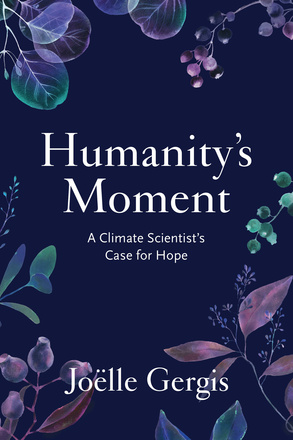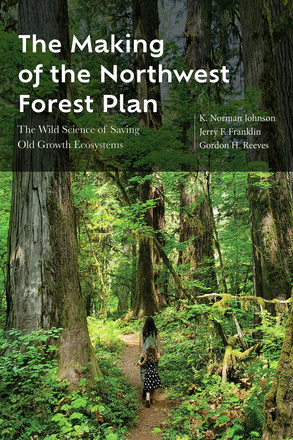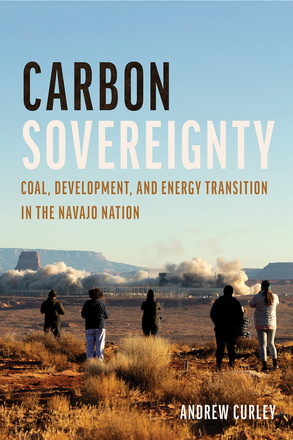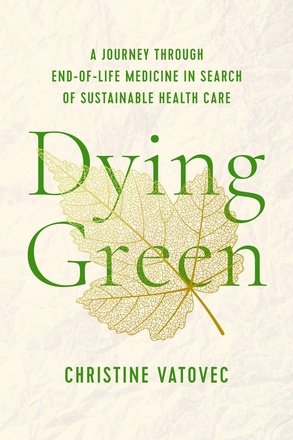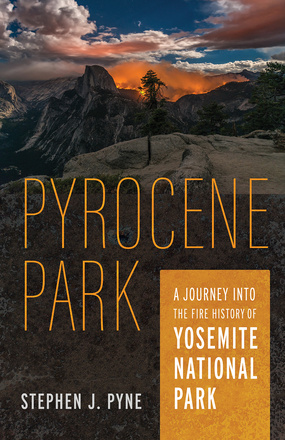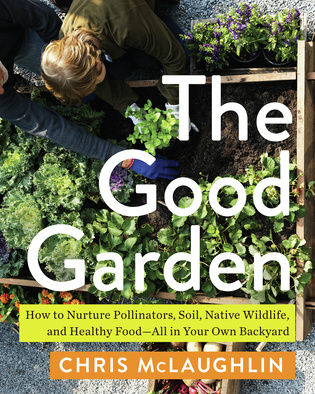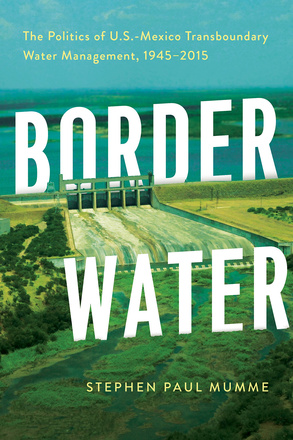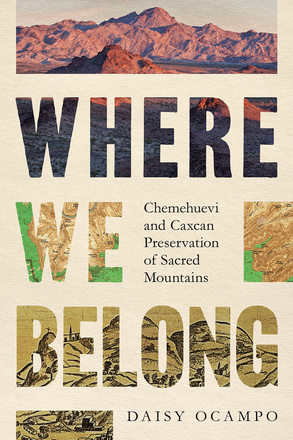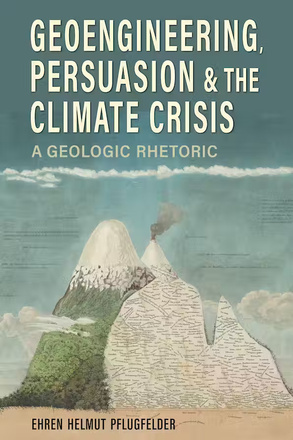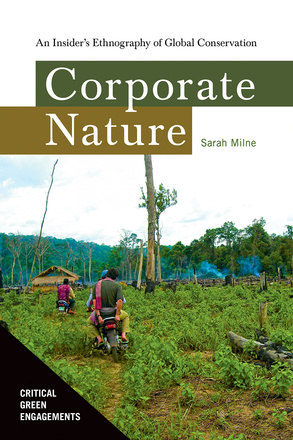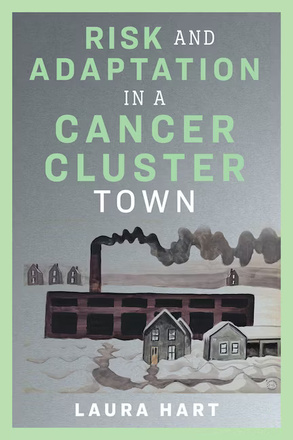
Nature-First Cities recognizes nature as the lead architect in the most essential of restoration projects – our cities.
Protecting the Coast and Ocean, the first comprehensive guide to marine protection law in British Columbia, analyzes and compares the legal tools available to reverse ocean decline.
Sustainable Energy Transitions in Canada brings together experts from across the country to share their perspectives on how energy systems can respond to climate change, enhance social justice, respect local cultures and traditions – and still make financial sense.
Life against States of Emergency responds to the central question Attawapiskat chief Theresa Spence asked in a high-profile ceremonial fast: What does it mean to be in a treaty relationship today?
Against the Tides tells the compelling story of the rehabilitation of the Maritime marshlands, a project that reshaped not only the landscape of the Bay of Fundy region but the communities that depended on it.
Making Muskoka traces the first decades of Muskoka’s transformation from Indigenous homeland to a part-time playground for tourists and cottagers and uncovers the consequences for those who lived there year-round.
The Government of Natural Resources is a revealing look at how science can extend state power through territorial and environmental transformations.
From Dismal Swamp to Smiling Farms reveals how some of the most profitable farmland in Canada has been shaped, and ultimately imperilled, by liberal notions of progress and nature.
Born with a Copper Spoon tells the fascinating and far-reaching story of one of the world’s most important metals.
Fossilized reveals how Alberta, Saskatchewan, and Newfoundland and Labrador – blinded by exceptional economic growth from 2005 to 2015 – undermined environmental policies to intensify ecologically detrimental extreme oil extraction.
In the Name of Wild takes you on the five-year journey one family made across five continents to re-imagine the meaning of wildness.
A detailed account of the 360 species of birds recorded on the wild west coast of Vancouver Island and its offshore waters.
Based on the experiences of evacuees from seven First Nations communities, this book offers guidance to Indigenous communities and external agencies on how to successfully plan for and carry out wildfire evacuations.
“Informed, utterly blindsiding account.” - Booklist, starred review It’s falling from the sky and is in the air we breathe. It’s in our food, our clothes, and our homes. It’s microplastic and it’s everywhere—including our own bodies. Scientists are just beginning to discover how these tiny particles threaten health, but the studies are alarming. A Poison Like No Other is the first book to fully explore this new dimension of the plastic crisis. Matt Simon follows the intrepid scientists who travel to the ends of the earth and the bottom of the ocean to understand the consequences of our dependence on plastic. Unlike other pollutants that are single elements or simple chemical compounds, microplastics represent a cocktail of toxicity linked to diseases ranging from diabetes to cancer. There is no easy fix, Simon warns. But we will never curb our plastic addiction until we begin to recognize the invisible particles all around us.
Much of what you’ve heard about plastic pollution may be wrong. Instead of a great island of trash, the infamous Great Pacific Garbage Patch is made up of manmade debris spread over hundreds of miles of sea—more like a soup than a floating garbage dump. Less than nine percent of the plastic we create is reused, and microplastic fragments are found almost everywhere, even in our bodies. In Thicker Than Water: The Quest for Solutions to the Plastic Crisis, journalist Erica Cirino brings readers on a globe-hopping journey to meet the scientists and activists telling the real story of the plastic crisis. New technologies and awareness bring some hope, but Cirino shows that we can only fix the problem if we begin to repair our throwaway culture. Thicker Than Water is an eloquent call to reexamine the systems churning out waves of plastic waste.
The west is full of magnificent trees: mighty spruces, towering cedars, and stout firs. We are used to appreciating trees during their glory years, but how often do we consider what happens to a tree when it dies? We’ve all seen driftwood on the beach. But how many people have truly looked at it and appreciated its ecological role? Ellen Wohl has thought about these questions, and In Dead Wood, she takes us through the afterlife of trees, describing the importance of standing and downed dead wood in forests, in rivers, along beaches, in the open ocean, and even at the deepest parts of the seafloor. Downed wood in the forest provides habitat for diverse plants and animals, and the progressive decay of the wood releases nutrients into the soil. Wood in rivers provides critical habitat for stream insects and fish and can accumulate in logjams that divert the river repeatedly across the valley floor, creating a floodplain mosaic that is rich in habitat and biodiversity. Driftwood on the beach helps to stabilize shifting sand, creating habitat for plants and invertebrates. Fish such as tuna congregate at driftwood in the open ocean. As driftwood becomes saturated and sinks to the ocean floor, collections of sunken wood provide habitat and nutrients for deep-sea organisms. Far from being an unsightly form of waste that needs to be cleaned from forests, beaches, and harbors, dead wood is a critical resource for many forms of life. Dead Wood follows the afterlives of three trees: a spruce in the Colorado Rocky Mountains that remains on the floodplain after death; a redcedar in Washington that is gradually transported downstream to the Pacific; and a poplar in the Mackenzie River of Canada that is transported to the Arctic Ocean. With these three trees, Wohl encourages readers to see beyond landscapes, to appreciate the ecological processes that drive rivers and forests and other ecosystems, and demonstrates the ways that the life of an ecosystem carries on even when individual members of that system have died. Readers will discover that trees can have an exceptionally rich afterlife—one tightly interwoven with the lives of humans and ecosystems.
When climate scientist Joëlle Gergis set to work on the United Nations’ Intergovernmental Panel on Climate Change (IPCC) Sixth Assessment Report, the research she encountered kept her up at night. Through countless hours spent with the world’s top scientists, she realized that the impacts were occurring faster than anyone had predicted. In Humanity’s Moment, Joëlle takes us through the science in the IPCC report with unflinching honesty, explaining what it means for our future, while sharing her personal reflections on bearing witness to the climate emergency unfolding in real time. But this is not a lament for a lost world. It is an inspiring reminder that human history is an endless tug-of-war for social justice in which each of us play a part. Humanity’s Moment is a climate scientist’s guide to rekindling hope, and a call to action to restore our relationship with ourselves, each other, and our planet.
This deep dive into the coal industry and the Navajo Nation captures a pivotal moment in the history of energy shift and tribal communities. Geographer Andrew Curley spent more than a decade documenting the rise and fall coal, talking with those affected most by the changes—Diné coal workers, environmental activists, and politicians.
The Earth is fast transitioning from a planet shaped by ice to one shaped by fire in all its manifestations. Yosemite National Park offers a microcosm for understanding our current world. Stephen J. Pyne tells the story of how fire got removed from the landscape and the ways, both deliberate and feral, it is returning.
What makes a garden good? For Chris McLaughlin, it’s about growing healthy, scrumptious fruits and veggies, but it’s also about giving back. How can your little patch of Earth become a sanctuary for threatened wildlife, sequester carbon, and nurture native plants? In this joyful guide, McLaughlin gives you all the tricks and tips you need to grow the sustainable garden of your dreams. Gardeners will learn the fundamentals, including how to choose the right plant varieties for their microclimate, and proven methods to fight pests without chemicals. You’ll also discover the nuances of developing a green thumb, from picking species to attract specific types of pollinators to composting techniques based on time available. A good garden offers endless possibilities and The Good Garden offers a wealth of knowledge and inspiration.
Border Water places transboundary water management in the frame of the larger binational relationship, offering a comprehensive history of transnational water management between the United States and Mexico. As we move into the next century of transnational water management, this important work offers critical insights into lessons learned and charts a path for the future.
This comparative work dispels the harmful myth that Native people are unfit stewards of their sacred places. This work establishes Indigenous preservation practices as sustaining approaches to the caretaking of the land that embody ecological sustainability, spiritual landscapes, and community well-being.
A rhetorical exploration of an underexamined side of climate change—the ongoing research into and development of geoengineering strategies
Drawing from personal experience, Sarah Milne looks inside the black box of mainstream conservation NGOs and finds that corporate behavior and technical thinking dominate global efforts to save nature, opening the door to unethical conduct and failure on the ground.
Risk and Adaptation in a Cancer Cluster Town examines the role of emotion and its relationship to community experiences of social belonging and inequality. Using a cancer cluster community in Northwest Ohio as a case study, Laura Hart advances an approach to risk that grapples with the complexities of community belonging in the wake of suspected industrial pollution. Her research points to a fear driven not only by economic anxiety, but also by a fear of losing security within the community—a sort of pride that is not only about status, but connectedness. Hart reveals the importance of this social form of risk—the desire for belonging and the risk of not belonging—ultimately arguing that this is consequential to how people make judgements and respond to issues. Within this context, affected families experience psychosocial and practical conflicts as they adapt to cancer as a way of life. Hart ultimately presents possibilities for the democratization of risk management and underscores the need for transformative approaches to environmental justice.

